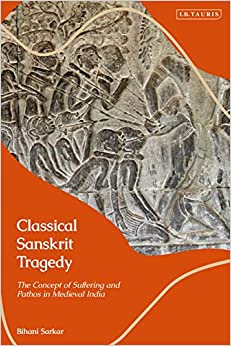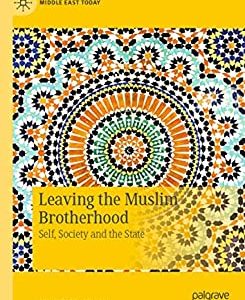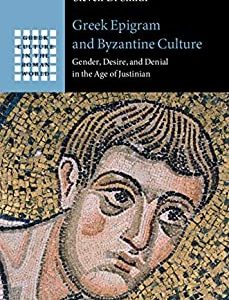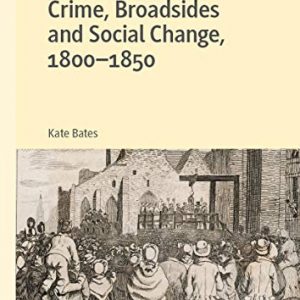It is often assumed that classical Sanskrit poetry and drama lack a concern with the tragic. However, as Bihani Sarkar makes clear in this book, this is far from the case. In the first study of tragedy in classical Sanskrit literature, Sarkar draws on a wide range of Sanskrit dramas, poems and treatises – much of them translated for the first time into English – to provide a complete history of the tragic in Indian literature from the second to the tenth centuries.
More than a literary study, Sarkar uses close textual analysis to respond to broader questions such as: what were the early Indians' attitudes towards the tragic? How and why did these change over time? How do these intersect with and reflect Indian religious traditions? Classical Sanskrit Tragedy will appeal to scholars of South Asian literature and those interested in South Asian history and the medieval history of ideas and emotions alike.
More than a literary study, Sarkar uses close textual analysis to respond to broader questions such as: what were the early Indians' attitudes towards the tragic? How and why did these change over time? How do these intersect with and reflect Indian religious traditions? Classical Sanskrit Tragedy will appeal to scholars of South Asian literature and those interested in South Asian history and the medieval history of ideas and emotions alike.











